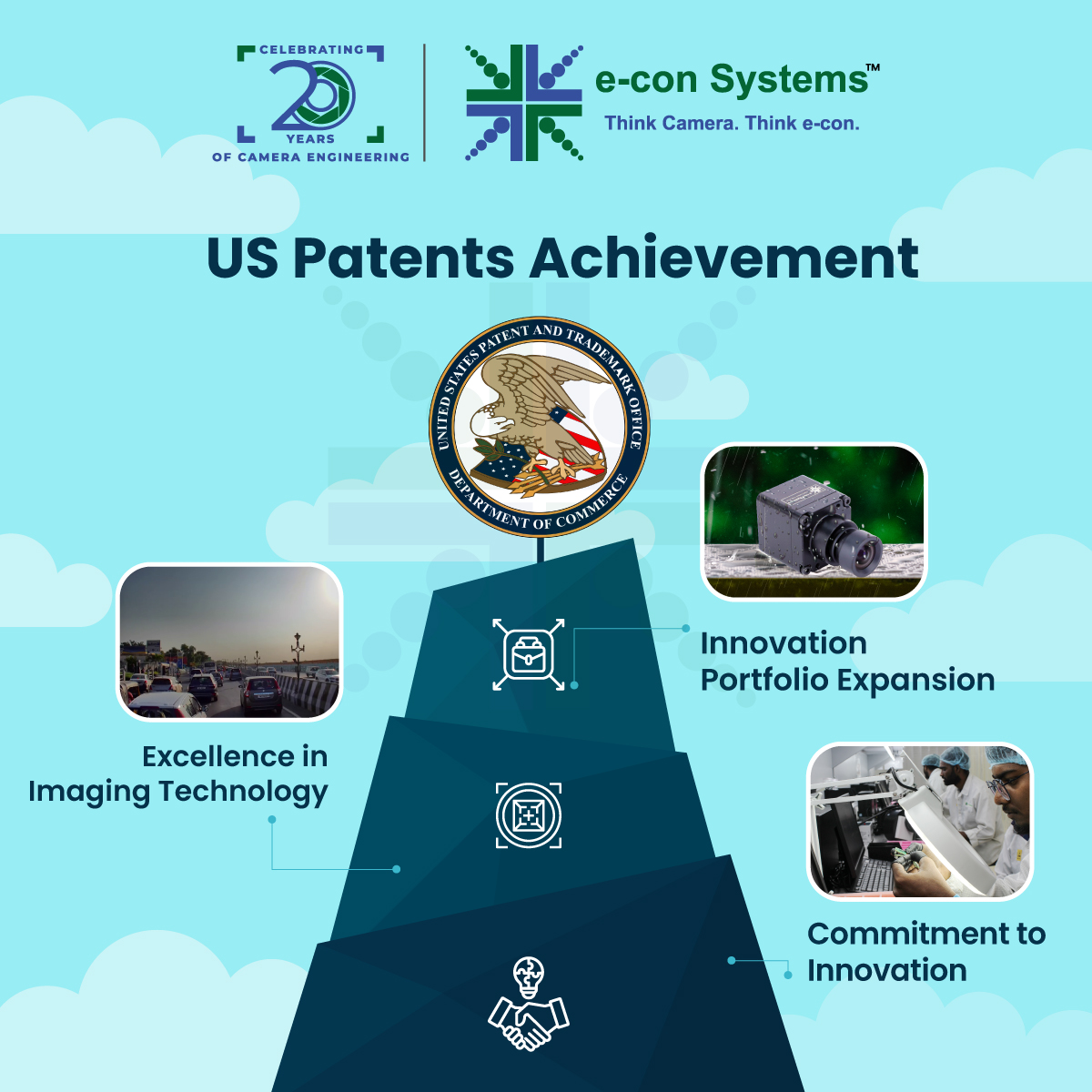AlphaGeometry: An Olympiad-level AI system for geometry
AlphaGeometry: An Olympiad-level AI system for geometry. AI system that surpasses the state-of-the-art approach for geometry problems, advancing AI reasoning in mathematics.
Our AI system surpasses the state-of-the-art approach for geometry problems, advancing AI reasoning in mathematics
Reflecting the Olympic spirit of ancient Greece, the International Mathematical Olympiad is a modern-day arena for the world's brightest high-school mathematicians. The competition not only showcases young talent, but has emerged as a testing ground for advanced AI systems in math and reasoning.
In a paper published today in Nature, we introduce AlphaGeometry, an AI system that solves complex geometry problems at a level approaching a human Olympiad gold-medalist - a breakthrough in AI performance. In a benchmarking test of 30 Olympiad geometry problems, AlphaGeometry solved 25 within the standard Olympiad time limit. For comparison, the previous state-of-the-art system solved 10 of these geometry problems, and the average human gold medalist solved 25.9 problems.
In our benchmarking set of 30 Olympiad geometry problems (IMO-AG-30), compiled from the Olympiads from 2000 to 2022, AlphaGeometry solved 25 problems under competition time limits. This is approaching the average score of human gold medalists on these same problems. The previous state-of-the-art approach, known as “Wu’s method”, solved 10.
AI systems often struggle with complex problems in geometry and mathematics due to a lack of reasoning skills and training data. AlphaGeometry’s system combines the predictive power of a neural language model with a rule-bound deduction engine, which work in tandem to find solutions. And by developing a method to generate a vast pool of synthetic training data - 100 million unique examples - we can train AlphaGeometry without any human demonstrations, sidestepping the data bottleneck.
With AlphaGeometry, we demonstrate AI’s growing ability to reason logically, and to discover and verify new knowledge. Solving Olympiad-level geometry problems is an important milestone in developing deep mathematical reasoning on the path towards more advanced and general AI systems. We are open-sourcing the AlphaGeometry code and model, and hope that together with other tools and approaches in synthetic data generation and training, it helps open up new possibilities across mathematics, science, and AI.
It makes perfect sense to me now that researchers in AI are trying their hands on the IMO geometry problems first because finding solutions for them works a little bit like chess in the sense that we have a rather small number of sensible moves at every step. But I still find it stunning that they could make it work. It's an impressive achievement.
NGÔ BẢO CHÂU, FIELDS MEDALIST AND IMO GOLD MEDALIST
AlphaGeometry adopts a neuro-symbolic approach
AlphaGeometry is a neuro-symbolic system made up of a neural language model and a symbolic deduction engine, which work together to find proofs for complex geometry theorems. Akin to the idea of “thinking, fast and slow”, one system provides fast, “intuitive” ideas, and the other, more deliberate, rational decision-making.
Because language models excel at identifying general patterns and relationships in data, they can quickly predict potentially useful constructs, but often lack the ability to reason rigorously or explain their decisions. Symbolic deduction engines, on the other hand, are based on formal logic and use clear rules to arrive at conclusions. They are rational and explainable, but they can be “slow” and inflexible - especially when dealing with large, complex problems on their own.
AlphaGeometry’s language model guides its symbolic deduction engine towards likely solutions to geometry problems. Olympiad geometry problems are based on diagrams that need new geometric constructs to be added before they can be solved, such as points, lines or circles. AlphaGeometry’s language model predicts which new constructs would be most useful to add, from an infinite number of possibilities. These clues help fill in the gaps and allow the symbolic engine to make further deductions about the diagram and close in on the solution.





































